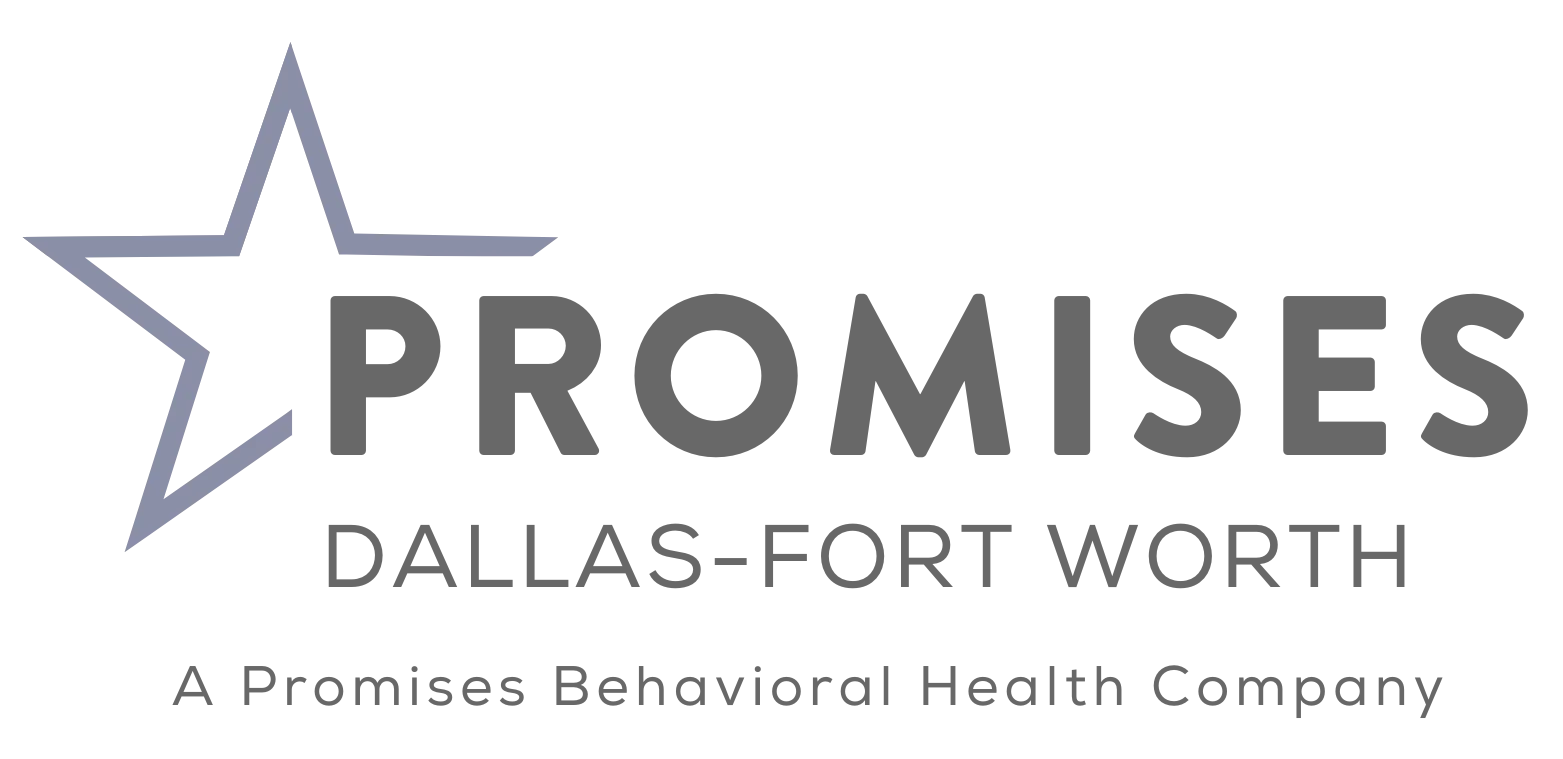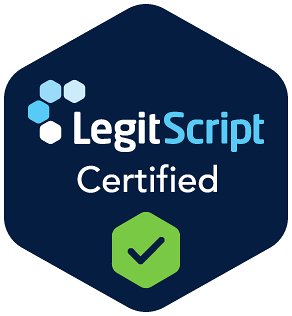Opioids have been a significant part of modern medicine, allowing millions to endure surgeries and other life-saving procedures. However, there is always the risk of opioid dependence, even when these drugs are taken exactly as prescribed by a physician. Opioid addiction has become a huge health concern in America, and an epidemic has been declared due to the alarming number of opioid-related deaths. Being able to spot signs of opioid abuse can help save lives and prevent addiction from worsening. Contact NorthStar Clinical Services at 888.488.6153 today to learn how our opioid addiction treatment program saves lives and improves the quality of life for those struggling with opioid addiction.
Different Types of Opioids
Opioids are drugs derived from the opium poppy plant or synthesized to mimic the effects of natural opioids. They are primarily used for pain relief but can also produce feelings of euphoria, making them susceptible to abuse and addiction. Opioids can be classified into several categories:
- Natural opioids – These are derived directly from the opium poppy plant and include morphine and codeine.
- Semi-synthetic opioids – These are created by chemically modifying natural opioids. Examples include hydrocodone, oxycodone, hydromorphone, and oxymorphone.
- Synthetic opioids – These are fully synthetic compounds designed to have similar effects to natural opioids. Examples include methadone, fentanyl, tramadol, and meperidine.
- Partial agonists – These opioids have a milder effect on the opioid receptors, reducing the risk of overdose and dependence. Examples include buprenorphine and nalbuphine.
Opioids should always be taken exactly as directed by a physician. It’s important to remember that a person can still develop a dependence on opioids even if they do not abuse them.
Common Signs of Opioid Abuse
Opioid abuse occurs when someone uses opioids in ways not intended by their prescriber or uses illegal opioids recreationally. Recognizing the signs of opioid abuse can be crucial in helping someone receive appropriate intervention and support. Some common symptoms of opioid abuse include:
- Changes in behavior – An individual may become more secretive or withdrawn or start engaging in risky behaviors. They might also become more anxious or irritable.
- Changes in physical appearance – Individuals may experience drastic weight loss or develop poor hygiene due to neglecting personal care.
- Unexplained absences – Missing work, school, or other activities without explanation could indicate opioid abuse as the individual prioritizes drug use over everyday responsibilities.
- Financial difficulties – Individuals who are struggling with opioid dependence might ask friends and family for money frequently or have difficulty managing finances due to spending on drugs.
- Legal issues – Illegal activities such as buying, selling, or using illicit opioids can lead to legal problems, including arrest and conviction.
- Health issues – Long-term opioid use can result in serious health complications.
It is vital to spot the signs of opioid abuse and addiction because, depending on the type of opioid, it can be very easy to overdose. This can have serious health consequences, and there is always the possibility of coma or death. The presence of one or a few of these signs does not necessarily confirm opioid dependence, as some symptoms might be related to other health issues or medications. However, if you suspect someone is struggling with opioid dependence, it’s essential to encourage them to seek help from an addiction treatment center.
Start Opioid Treatment at NorthStar Today
Stopping opioids is a brave step that requires professional support and guidance. NorthStar Clinical Services provides comprehensive opioid addiction treatment programs, including medication-assisted treatment (MAT), counseling, and aftercare services. Our goal is to address the underlying causes of addiction and help individuals build a strong foundation for long-term recovery. Contact us today at 888.488.6153 to learn more about our personalized opioid addiction treatment program and start your journey to a healthier and happier life. Remember, it’s never too late to get help and overcome opioid dependence.



